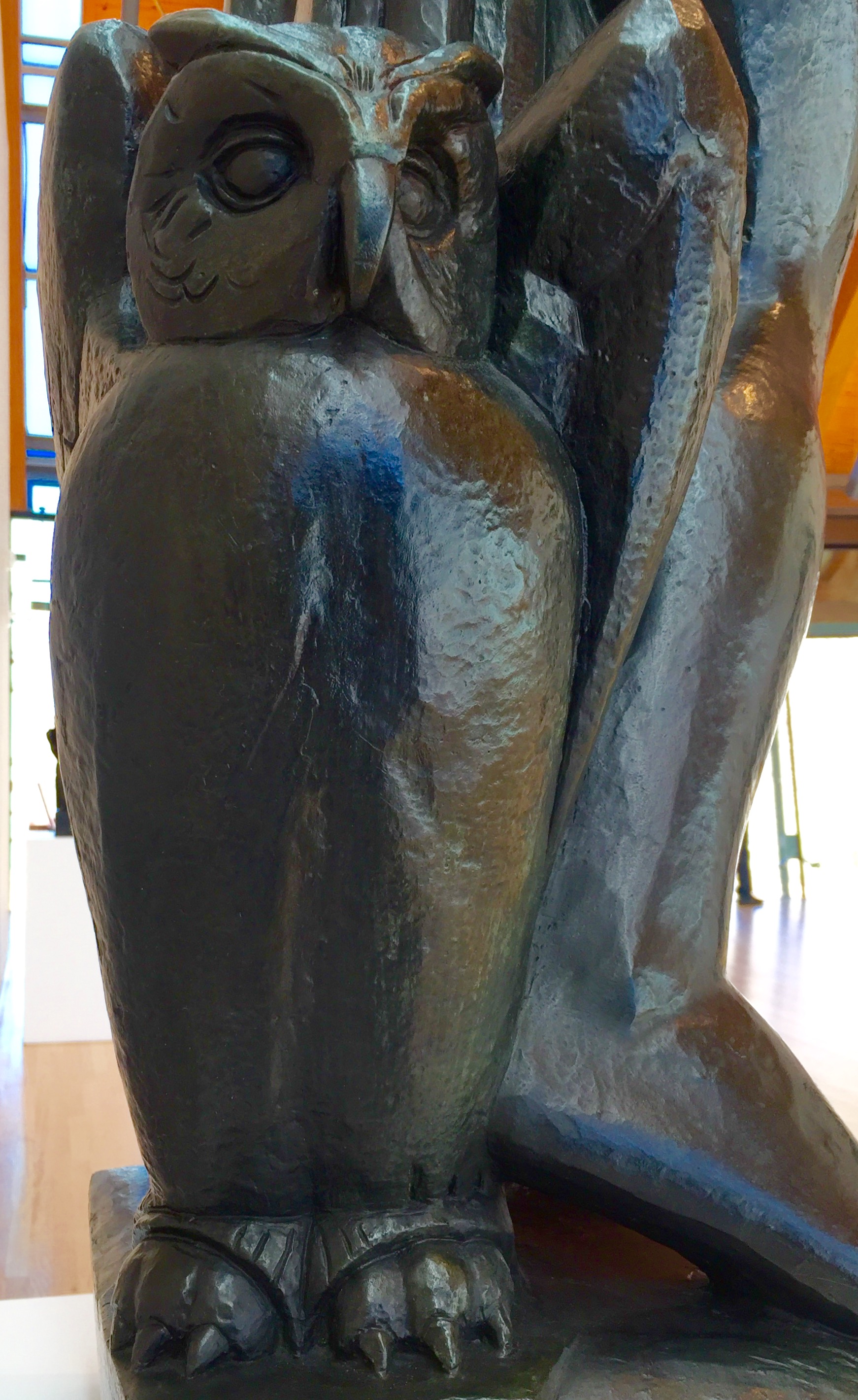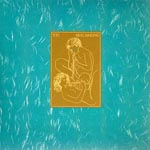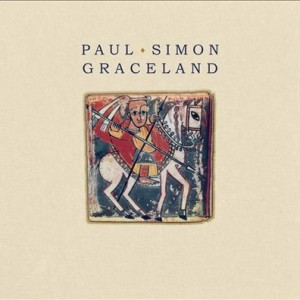The Potency of Symbols
Man, the South is strange. I have not spent too much time down there, and want to be careful not to paint the people and collective judgments of thousands of square miles with the same brush – but man, it’s strange.

Judy and I were just down in Arkansas with a couple of our dearest friends, Diane and Howard, and we were having a great time – a really fun short getaway. Because, the South is not only strange, there is also lots of upside in the South, like great food and sweet warm weather. And there are curious, charming specifics of regions, like a comfortable pace for instance, and being called ‘Mr. Matt’ by people to whom I have only just been introduced as ‘Matt.’
But the South, boy – there are things that make me pretty uneasy, too.
With our friends, we rented a cool old house in a compact, tidy town – we were walking nearly everywhere. In the center of the old business district was an open block town square with handsome sculpted gardens and symmetrical walkways. For some reason we had not walked through the town square until the final night when Howard suggested that we do so.
Ugh. In the center of the square was a largish circular fountain, and in the center of the fountain was a tall stone sculpture of a Confederate soldier mounted on a pedestal. In bold block font on each of the pedestal’s four sides was the word CONFEDERACY. The vibe cast by this town square’s memorial shook all four of us simultaneously. Then …
Double ugh. As we stood in the lamplit square, not really saying anything to one another, along the pretty main street came rumbling one of those tricked-out pickups – jacked up with gigantic tires, etc. The truck’s very loudness caused us to turn and look. There in the breeze of a nice warm night – flapping on a pole that was secured in the bed of the truck – an oversized Confederate flag.
Oh South, you are strange. Compared to the statue, my reaction to the flag was more intense – it was internal, visceral, and spooked – the potency of the symbol nearly put this Yank off of his catfish and fatback grits.
One of the kindest favors music can do for us is help us to travel in time. In my recent case, I wanted some music that would improve or erase the temporary poor impression of the South. So I traveled back to a time that I associate with growth, happiness, light hearts, and some simplicity. This year marks the thirtieth anniversary of two records that influenced my listening heavily and that I have enjoyed over and over. I thought these two deserved new serious listens, and might be just the things to rid me of the ugly taste of celebrated Confederacy. I was rewarded, and I generated a few new thoughts after revisiting the following music.
First, Skylarking by XTC (1986 Geffen/Virgin Records). Some of my friends and I probably never expected to hear a better record than Skylarking. We were fans of the earlier records, and I think now that I like the five that directly precede Skylarking best: Drums and Wires, Black Sea, The English Settlement, Mummer, and The Big Express. But at the time, and for years after, the sounds of Skylarking came to symbolize a whole time for me – a time of rich personal inspiration and ambition. Skylarking was more grown up. It was lyrically brilliant, discussing big existential and philosophical ideas, and asking questions about how how to function in the world – taking on religion and class, life and death.

I found its broad range of ideas and styles, and its musical sophistication enthralling – and the band had never been afraid of being a little daffy in the name of fun.
The two bands’ stories and trajectories are different, and certainly XTC never was going to dominate the world in the way that the Beatles did, but I think there are strong cases for comparison. Both bands had the ability to cut quickly and decisively from light, boyish goofing to dropping deeply introspective nuclear bombs – they could both go from pastoral lushness to explosive pop/rock in a convincing snap. Certainly both bands were wildly imaginative and unafraid of experimentation and expanding on ideas that had been set down before them.
All of this holds up so beautifully…

The Man Who Sailed Around His Soul
The song below was originally on the UK release of Skylarking. The U.S. release instead featured the b-side for the song Grass, called Dear God.
And then, good old Graceland by Paul Simon, (1986 Warner Brothers).

Like most people at the time that Graceland was released, I suppose, I had limited experience hearing Western pop music integrated in that way with African music. (Peter Gabriel released the gigantic-sounding, African-influenced hit So that same year.) The album gave listeners an unusual balance by combining the exotic rhythms of Tex/Mex, Latin, zydeco, and multiple African cultural sounds, with the iconic,
familiar voice and heady confessional poetry of Paul Simon. His ability to make these things work together had the effect of making us feel smart.
This album played in super-heavy rotation during most of my senior undergraduate year, and became so habituated that it is a bit strange to listen to it anew now. As a whole, I still very much enjoyed it, but the songs that became hits, (especially the silly You Can Call Me Al,) register almost automatically as simple background music – nothing wrong with that.
Accusations of cultural appropriation and genre-tourism bedeviled Simon at the time of the record’s release. There was even a case related to a song on Graceland, where the band Los Lobos called Simon a straight up thief. Some of this seems quaint in light of the explosion of hip-hop – many of whose very best artists function as thieves and appropriators. It is interesting to note these social and cultural matters inasmuch as social and cultural political matters were the impetus for me to re-listen.
There are still a couple of real stunners. He is, of course, incredible with duets:
Under African Skies Paul Simon with Linda Ronstadt.
And he can be darkly funny, too:
Certain things stick around – they become so familiar that they fall away into the environmental ambience. We become so used to songs, or streets, or statues, that they are hardly noticeable. Some of these things are mostly benign, some can still rise up occasionally and thrill us. Some come rumbling down the pretty street to confuse and even disgust.
Be thrilling, occasionally.